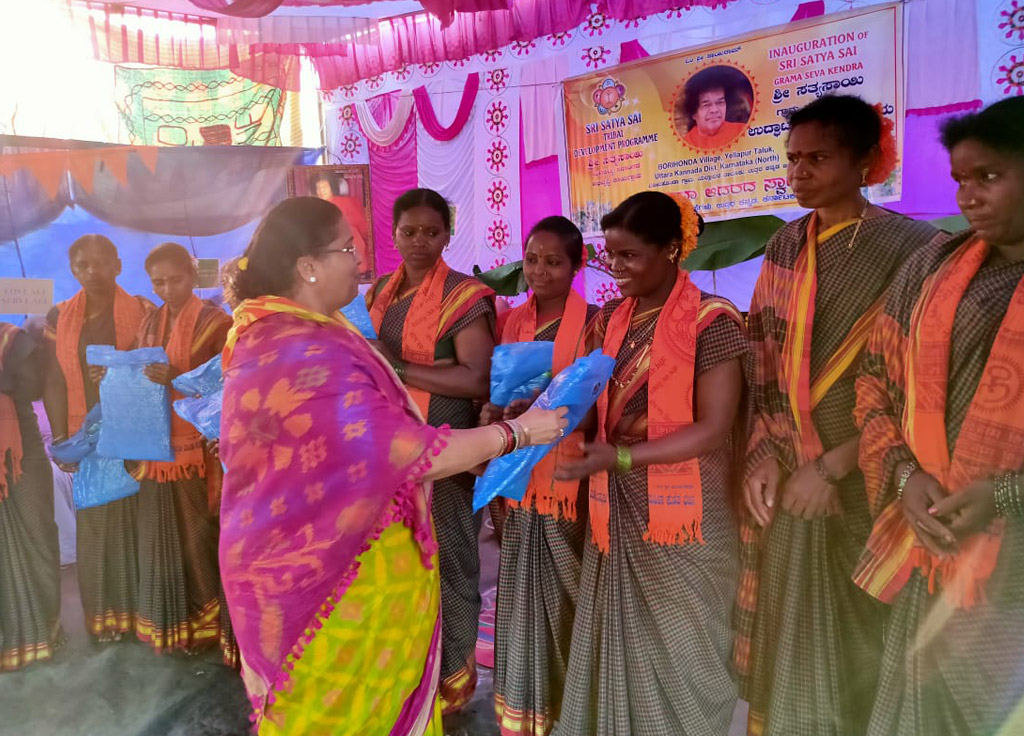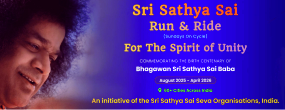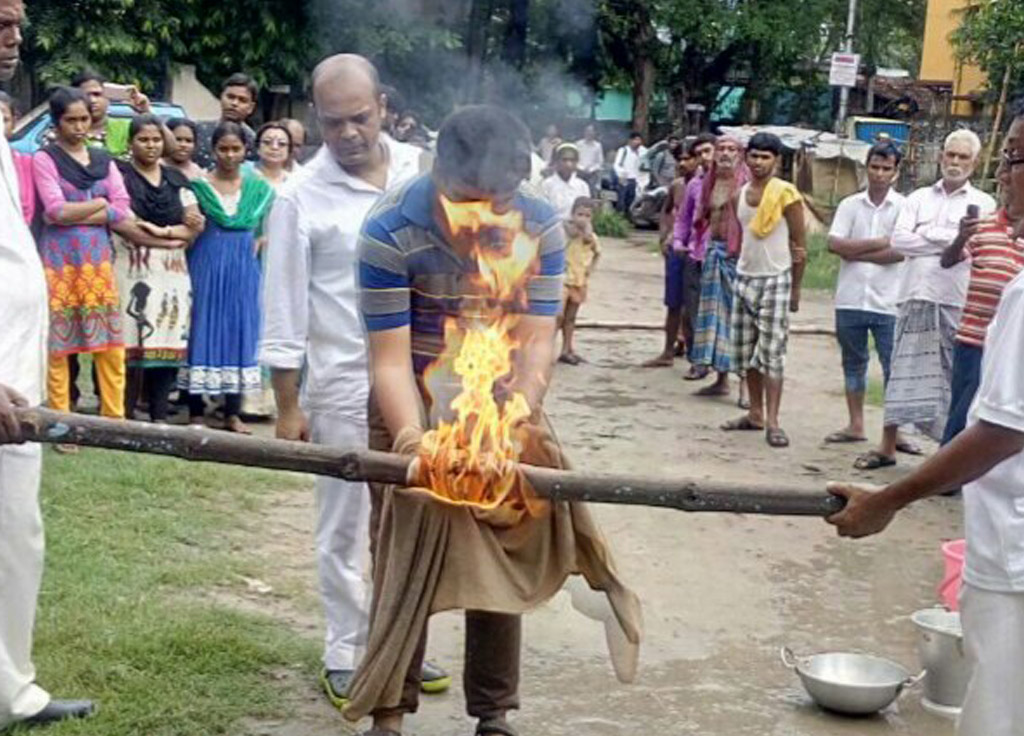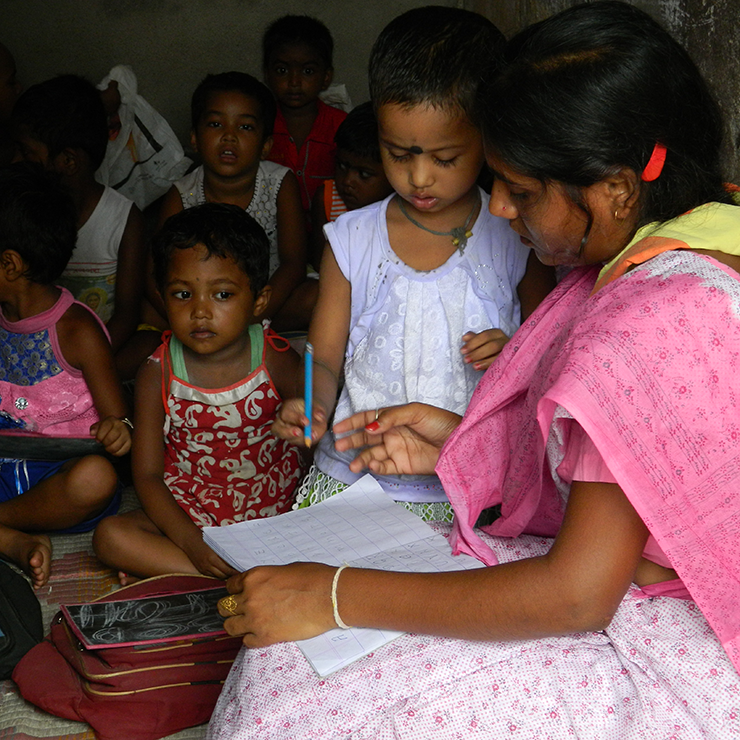
Objectives
Uplifting tribal communities through self-empowerment
The Sri Sathya Sai Tribal Development Programme aims to uplift the tribal communities by
rendering service activities in the field of education, health and hygiene, medical, social and
spiritual, in the tribal areas and to help preserve tribal culture throughout the country.

Stakeholders

Indigenous tribes

Volunteers

Community

Organisation

Government
Structure
The government has implemented a number of developmental programs. The main aim of development is to increase National as well as per capita income and to raise the standard of living of the tribal people and secure justice freedom equality and security for them in the society
Conduct a detailed survey and assess the needs of a particular area to understand the requirements
Develop a holistic approach and integrated development of the identified tribal areas
Activities concerned with agriculture, education, health and hygiene, medical, infrastructure, free mass marriages, individual well being, skill development, SSSVIP and spiritual care, are then conducted.
80
%of tribal population to total population of India
880
Districts with tribal population in the state
470
districts with more than 50% tribal population
680
tribal districts covered by the organisation

Outcome
- Indigenous tribal communities constitute a unique cultural group that by-and-large live in geographical isolation. They are known for their unique culture belief systems customs and traditions, however most of these communities are still under extreme social educational and economic backwardness.
- Improvement in the standard of living of the tribal people and ability to secure justice, freedom, equality and security in society, Advancement in income generation and livelihood status.
- Strengthening the material aspects of tribal culture through better utilisation of environmental resources in forest minerals, flora and fauna, agriculture, horticulture, animal husbandry, industrial potential, as well as skill of the people. Provision of basic infrastructure, beautification of the village, cleaning and sanitation activities, provision for clean and safe drinking water, awareness programs on preparedness for natural calamities, better equip the villages.
- Other activities viz. Mother and child care programs, health and hygiene awareness, efforts to educate adults and eradicate illiteracy, good dental hygiene & health care, distribution of essentials, intensive drive against drinking, smoking and chewing tobacco, conducting self-help groups for youth and elders, setting up sensitisation programs for village teachers, clothes distribution in the villages, have benefitted these tribes greatly.
















































